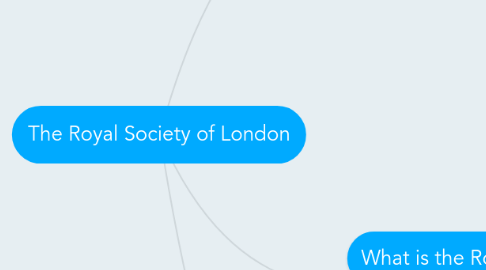
1. Founding members of society
1.1. William Ball
1.1.1. William was the eldest son of Sir Peter Boll, the Attorney General under Queen Henrietta and Ann Cook. He was an amateur astronomer, at the same time had a personal twelve-foot telescope. In 1655, William and his brother Peter watched the rings of Saturn at a time when the rings turned "edge" to the terrestrial observer, and in the same year defined Saturn rotation speed around its axis.
1.2. Robert Boyle
1.2.1. In the study of nature, he was a follower of Verulam Bacon, an opponent of scholastic philosophy and experience gave preference to speculation; sometimes this direction prevented him to generalize the meaning of the phenomena seen. It is very important physical law compression of gases, which now bears his name (Boyle's Law - Mariotte), would have stayed, maybe Boyle unnoticed if not for the initial indication of its student Richard Townley to the correctness of the compression of gases with increasing pressure in the experiments of Boyle.
1.3. Lawrence Rooke
1.3.1. He was born in Deptford, and was a great-nephew through his mother of Lancelot Andrewes.He was educated at Eton College and King's College, Cambridge, where he graduated M.A. in 1647.He became a fellow commoner at Wadham College, Oxford in 1650, having dropped out of academia for a period because of bad health.At Wadham he worked closely with John Wilkins and Seth Ward.He became Professor of Astronomy at Gresham College in 1652, and then Professor of Geometry there, in 1657, an appointment in which Oliver Cromwell took an interest.
1.4. William Petty
1.4.1. William Petty was born in 1623 in the town of Romsey in the south of England, in the draper family. As a child, in the years of study in urban schools studied discipline and especially Latin learned with noticeable ease. At age 14, he left home, hire a cabin boy on a ship. One year later, he was landed on the shore in the north of France, due to a foot fracture. Thanks to the knowledge of Latin, William Petty was admitted to the College of Caen. There he further mastered Greek and French, mathematics, astronomy.

